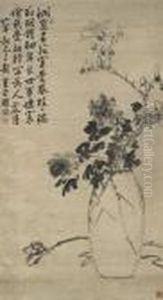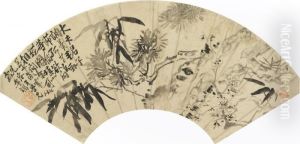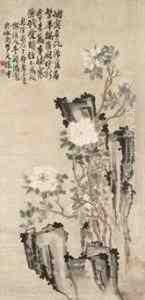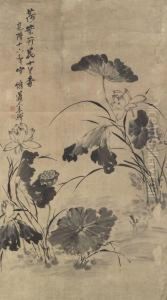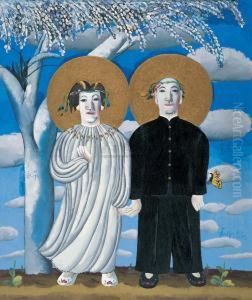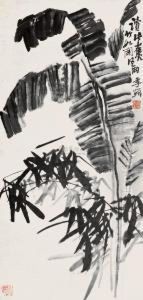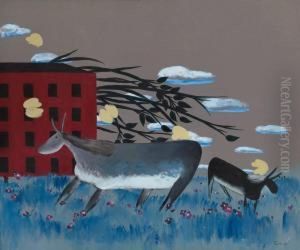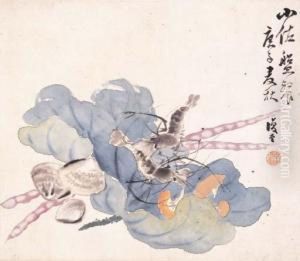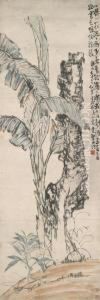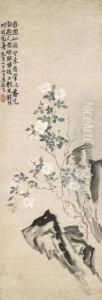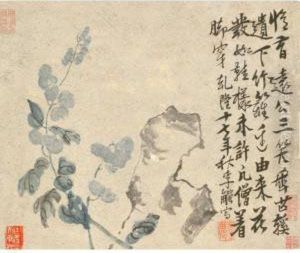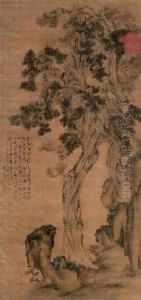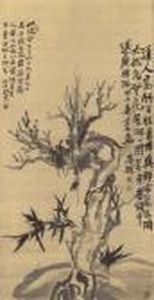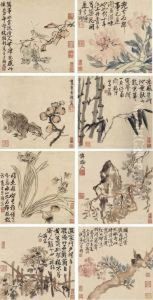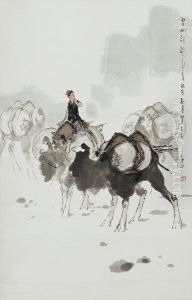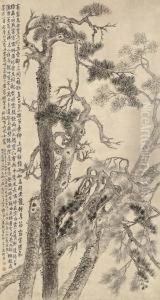Li Shan Paintings
Li Shan was a Qing dynasty painter known for his contributions to Chinese landscape painting. Born in 1686 in Jiangsu Province, he grew up during a period of relative stability and prosperity in China, which allowed the arts to flourish. Li Shan's work was characterized by its elegant and refined style, which reflected the scholarly ideals of the literati class. He was particularly adept at using brush and ink to create intricate scenes of mountains, rivers, and forests that conveyed a sense of harmony and tranquility.
Li Shan's paintings were also notable for their poetic inscriptions, which revealed his deep knowledge of Chinese literature and philosophy. He was part of the Yangzhou School, a group of artists who were known for their innovative approaches to traditional subjects and their ability to blend personal expression with classical techniques. Throughout his career, Li Shan gained considerable fame and his works were highly sought after by collectors. He passed away in 1760, leaving behind a legacy that has continued to influence Chinese art. His paintings are now cherished as examples of the Qing dynasty's artistic achievements and are held in high regard in museums and collections around the world.
